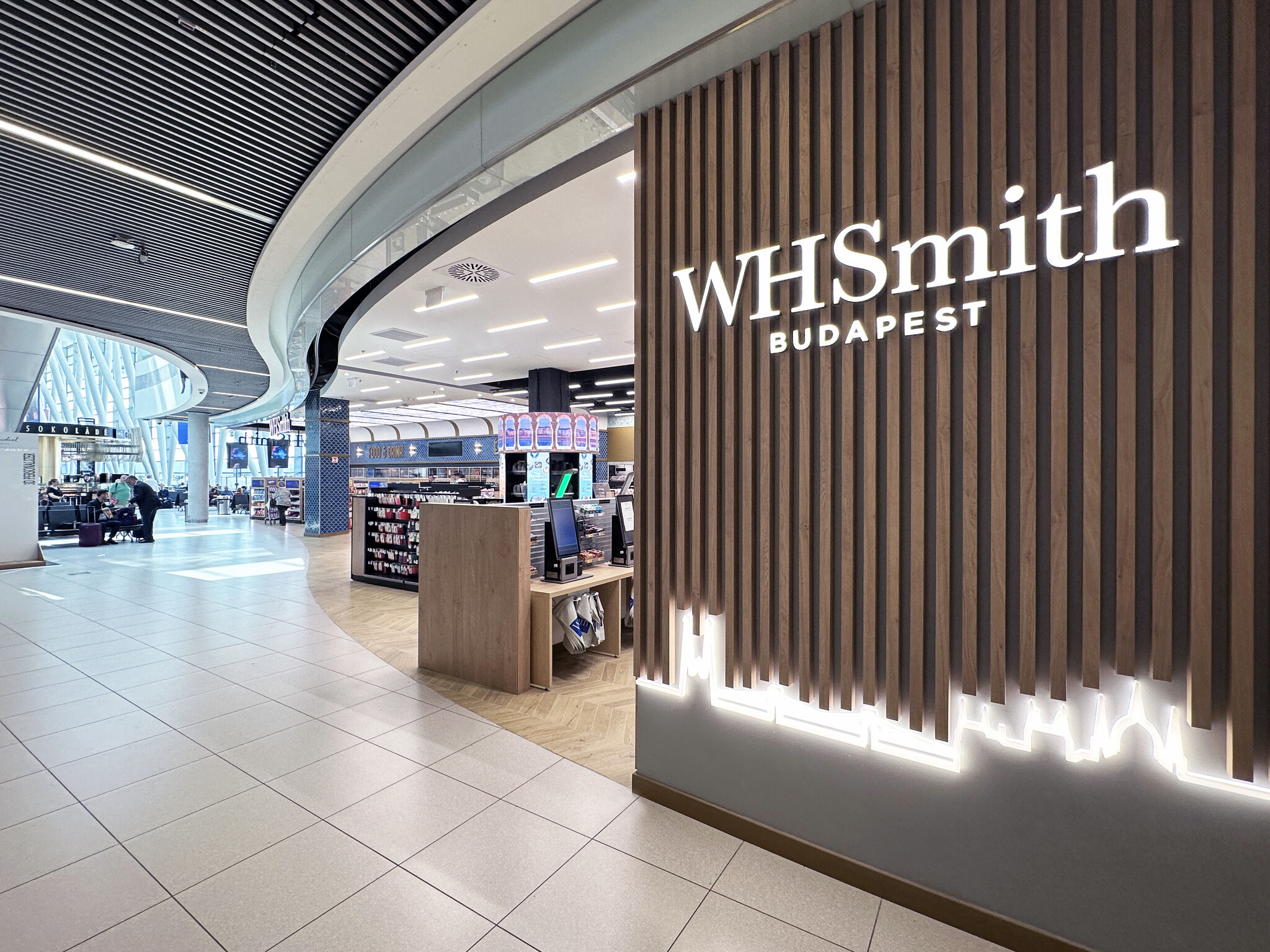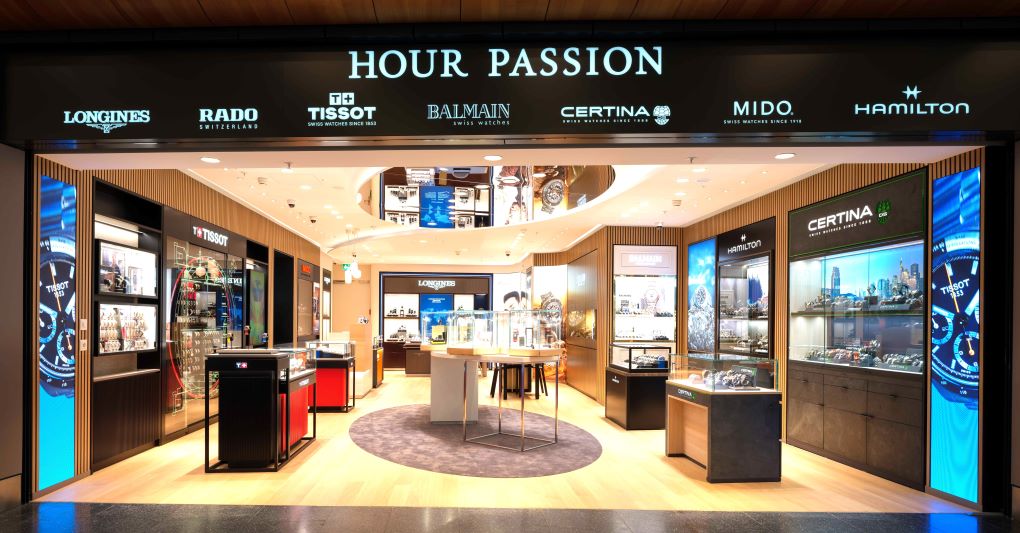INTERNATIONAL. Future Travel Experience (FTE) has unveiled a whitepaper offering short-term and long-term ideas for making air travel safer and more hygienic.
The Post-COVID-19 Passenger Experience Think Tank, which has been co-created with input from the Airline Passenger Experience Association (APEX) and members of the FTE Innovation & Startup Hub, gives proposals for the full traveller journey.

Among the recommendations for the departure hall is the introduction of a cashless, self-service shopping experience, as seen with the smart checkouts at Munich Airport. The whitepaper also calls for expanded use of QR code or app ordering in F&B outlets, as well as real-time signage on which restaurants have space and availability.
FTE said that airlines should immediately start detailing to customers measures they have taken in response to COVID-19 by email or SMS before travel. All passengers should also be encouraged to do online check-in.
At airport check-in, plexiglass barriers should be installed and measures taken to ensure social distancing can be maintained. FTE added touchless kiosks and biometric technology to remove face-to-face interaction should be rolled out.

The security stage is among the most high-risk areas of the airport for hygiene, the whitepaper said. It therefore recommended hand sanitisers be introduced at entry and exit points immediately. In the long term, thermal scanning should be integrated into the security process and the use of ultra-violet light to kill bacteria and viruses in trays should be explored.
To make the boarding process more hygienic, FTE said passengers should board specifically when their seat number is displayed and digital boarding passes should be encouraged.
Onboard the aircraft, contactless payment for F&B and product purchases should be encouraged. The whitepaper added that there is “no solid scientific evidence” that suggests leaving the middle seat empty improves safety, but that this should still be done, where load factor permits, to put travellers at ease.
FTE Head of Strategy & Development Ryan Ghee, who led the project to produce the whitepaper, said: “This Think Tank document goes way beyond simply recommending the use of personal protective equipment and plexiglass shields, which are now a given. This is about how the industry can embrace technology and digital innovation – things like touchless biometrics, proactive multi-channel communications, ecommerce and digital health passports – to not only survive this crisis but thrive in the long-term.”
APEX CEO Joe Leader added: “Being personally involved in this Think Tank project once again demonstrated our FTE team’s ability to bring together best-in-class experts from across the industry to collaborate for the benefit of the entire air transport world.”
The full research findings are available for free here.













